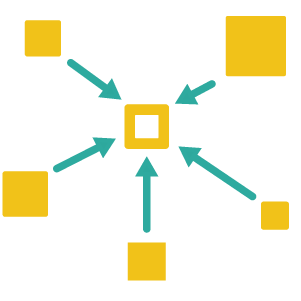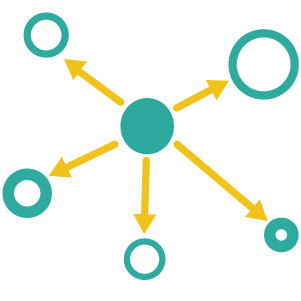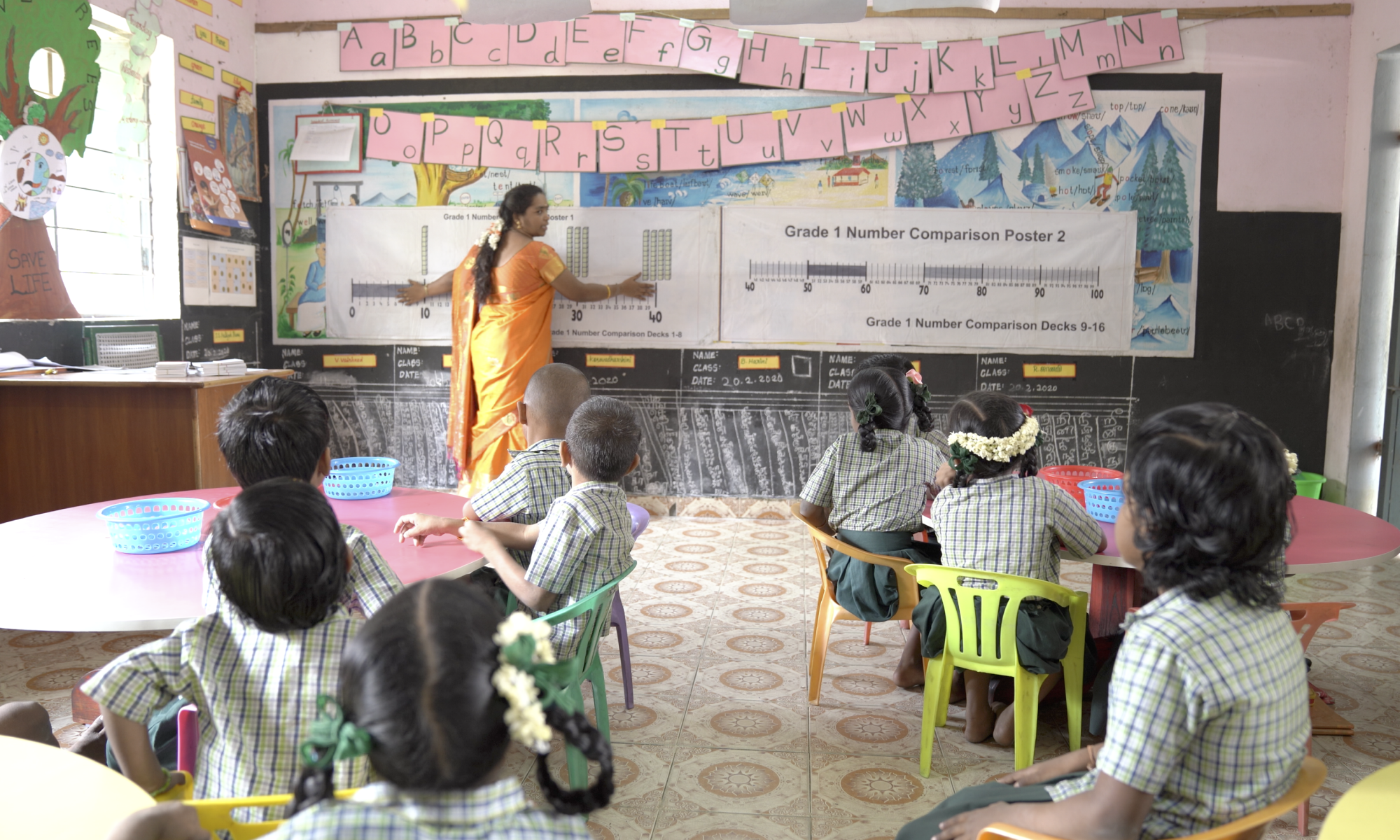
Scaling Impact: ASPIRE’s Collaborative Approach to Driving Change
ASPIRE's ILIT framework for scaling up
ASPIRE's unique ILIT framework accelerates the adoption of evidence-based policy solutions at scale.
Our scale-up projects
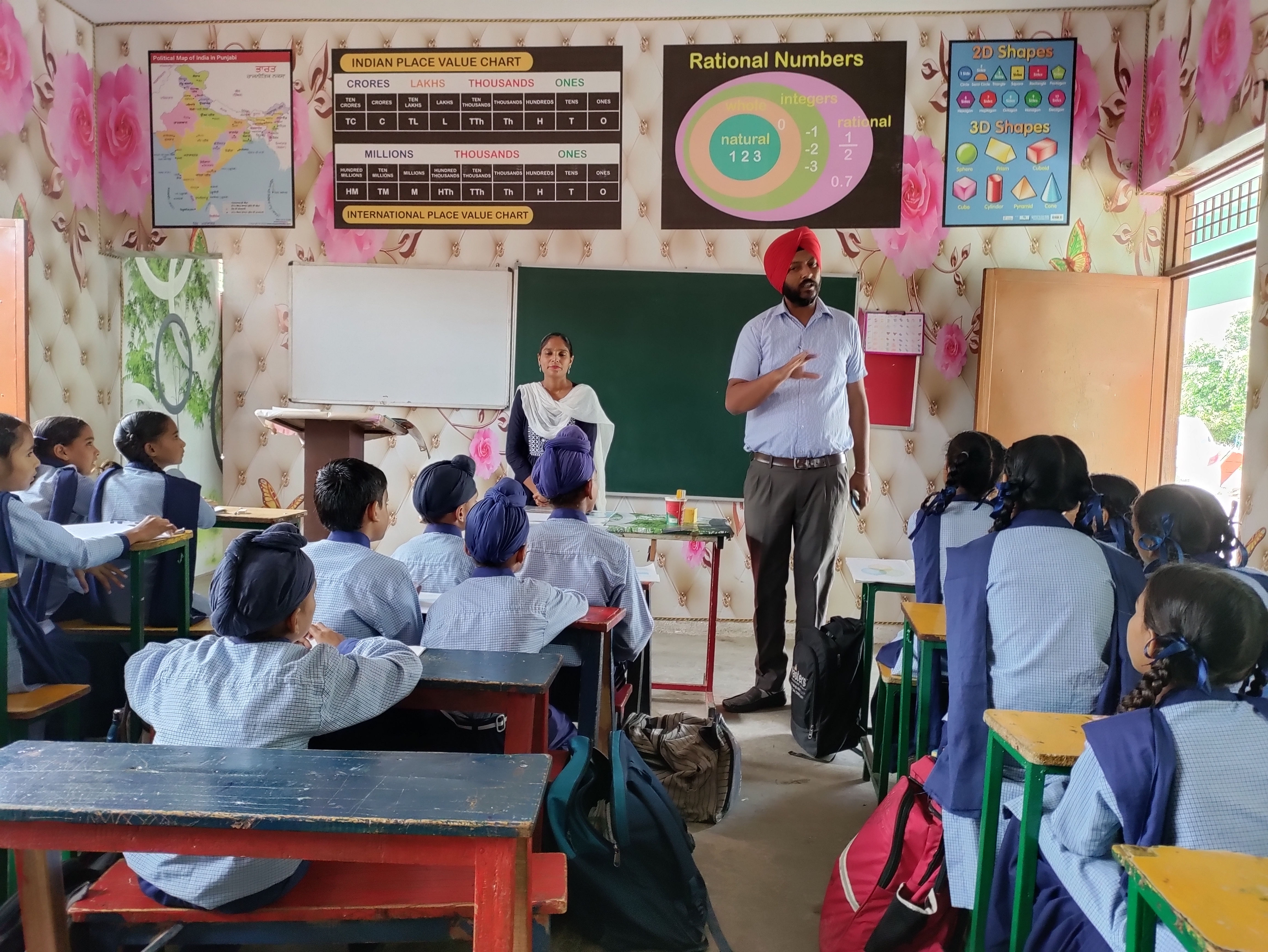
Gender equity curriculum
Research shows that even long-held beliefs and discriminatory gender norms can be changed by encouraging adolescents to discuss gender inequality at an age when they’re still forming their opinions.
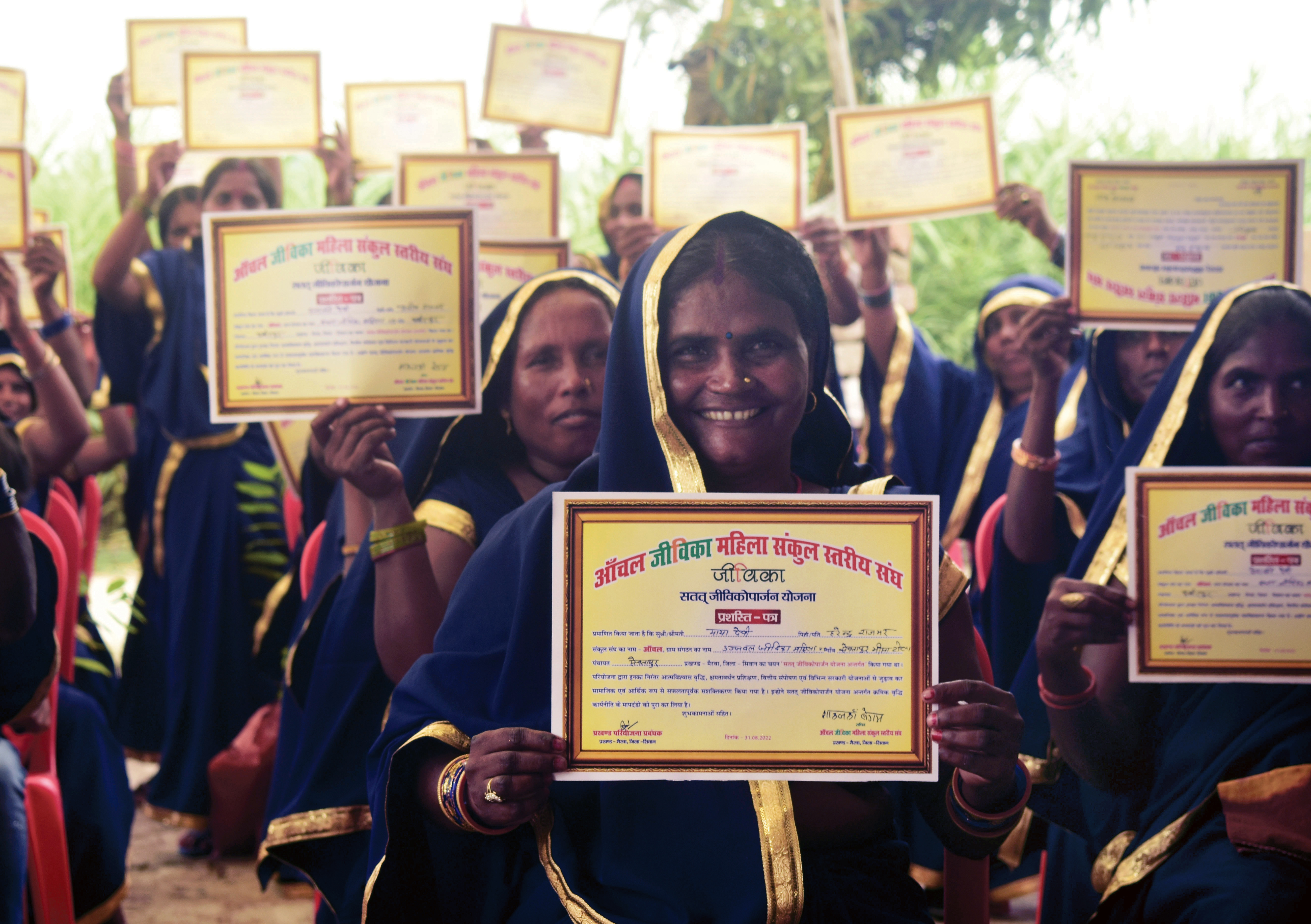
Targeting the ultra poor
Research on the Graduation Approach, developed by BRAC and evaluated by J-PAL-affiliated researchers has empowered over 14 million households across 50 countries to uplift themselves from extreme poverty.
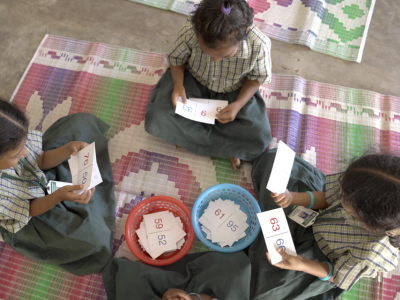
Every child counts (Math Games)
Evidence shows that young children have capacity to engage with quantities and shapes from birth – an ability that can be nurtured during early childhood to enhance formal math skills during preschool and grade 1.
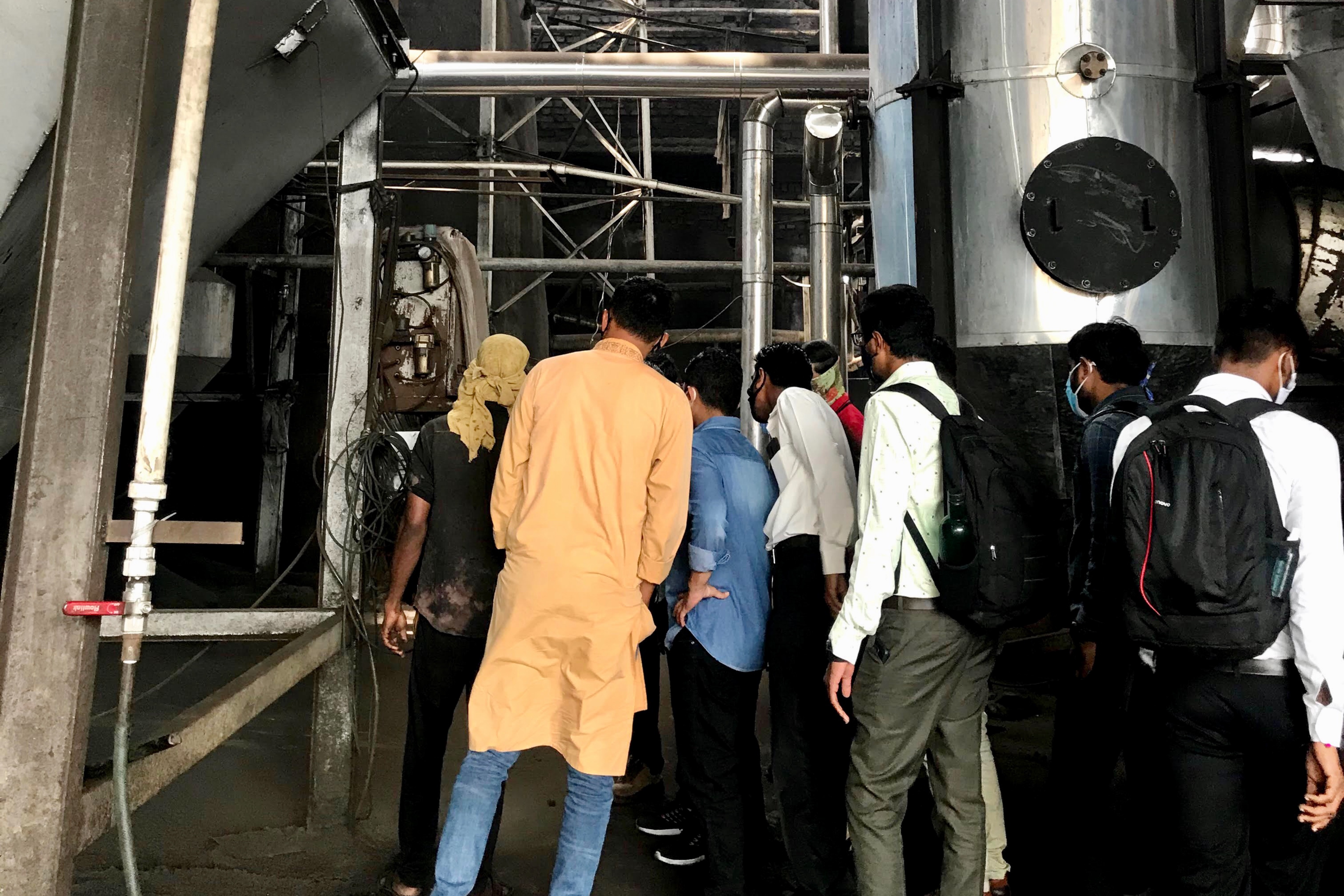
Emissions trading scheme
Market-based environmental regulations have the potential to cut pollution at low cost (and potentially even increase profits), in areas where pollution levels remain persistently high.
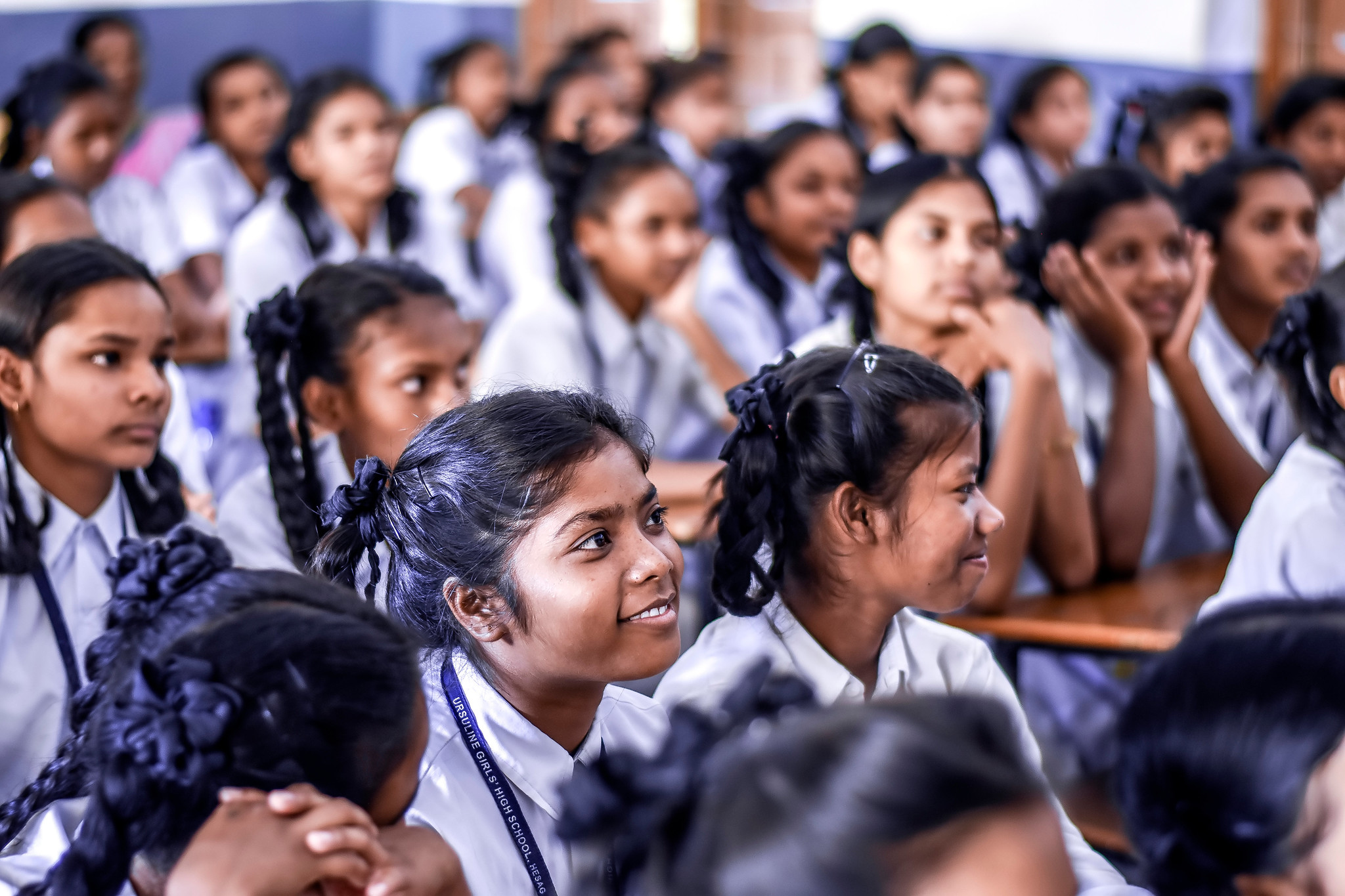
Remote tutoring
Randomized evaluations carried out in six countries show that a targeted instructional approach delivered over phone can be effective in improving children’s basic numeracy and math learning as well as boosting parental engagement.
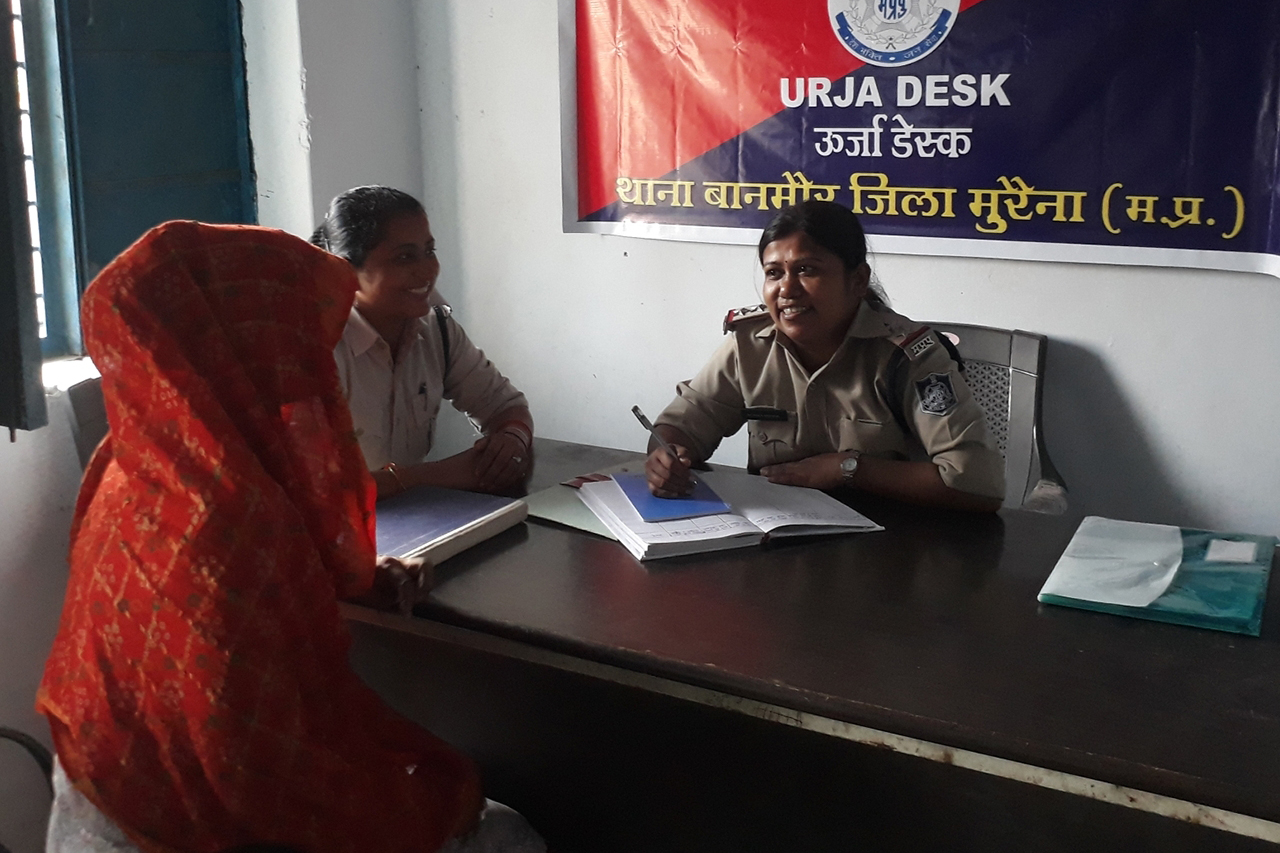
Gender-sensitive policing (archived project)
Evidence shows that police reform—providing gender sensitization training to officers and introducing dedicated help desks for women at police stations—can shift police attitudes, making them more responsive to women’s security needs.


